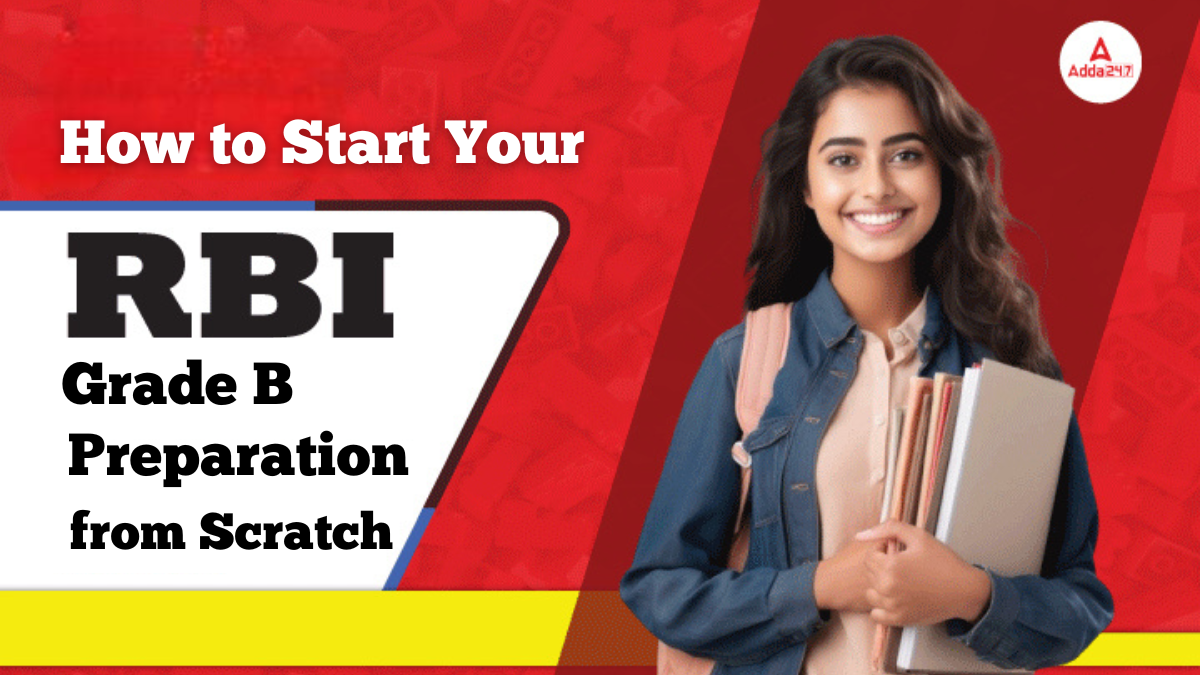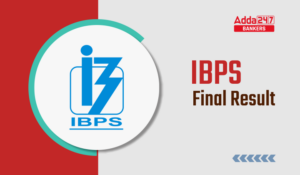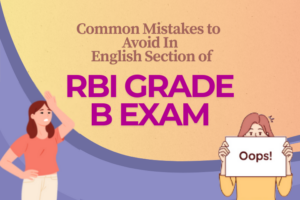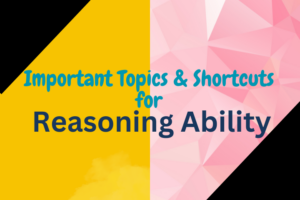Table of Contents
The RBI Grade B exam is one of the most prestigious banking exams in India, attracting thousands of aspirants each year. If you’re starting your preparation from scratch, the first step is to understand the exam pattern and syllabus. The exam is conducted in three phases: Phase 1, Phase 2, and the Interview. Phase 1 tests candidates on General Awareness, Quantitative Aptitude, Reasoning Ability, and English Language, while Phase 2 focuses on Economic and Social Issues, Financial Management, and English Writing Skills. The final phase is the Interview, which assesses a candidate’s personality and knowledge of financial and economic topics.
How to Start Your RBI Grade B Preparation from Scratch
To start your preparation by building a strong foundation in the core subjects and staying updated with current affairs, especially in the banking and financial sectors. Develop a structured study plan, focusing on time management and regular practice through mock tests. Reading newspapers, RBI reports, and economic surveys will be beneficial for both written exams and the interview. Consistency, revision, and smart preparation strategies will help you stay ahead in the competition and increase your chances of success. Here we are presenting some tips for RBI Grade B Recruitment 2025 preparation:-
Understand the Exam Pattern & Syllabus
The RBI Grade B exam follows a structured pattern consisting of three stages: Phase 1, Phase 2 and Interview. Phase 1 is an objective test consisting of General Awareness, Quantitative Aptitude, Reasoning Ability and English Language. Phase 2 consists of three papers: Economic and Social Issues, Finance and Management, and English (Descriptive). The final stage is the interview, in which candidates are assessed on the basis of personality and domain knowledge.
| RBI GRADE B EXAM PATTERN | |||
| PHASE | SECTIONS | MARK | DURATION |
| Phase 1 | General Awareness | 80 | 120 minutes |
| Quantitative Aptitude | 30 | ||
| Reasoning Ability | 60 | ||
| English Language | 30 | ||
| Phase 2 | Economic and social issues | 100 | 90 minutes |
| Financial management | 100 | 90 minutes | |
| English language | 100 | 90 minutes | |
| Interview | Personality test | 75 | |
RBI Grade B Syllabus
The RBI Grade B Syllabus covers General Awareness, English Language, Quantitative Aptitude, and Reasoning, along with Economic & Social Issues and Finance & Management for Phase II. The exam is conducted in three categories: General (DR), DSIM, and DEPR. For the General (DR) category, key subjects include Reasoning, Quantitative Aptitude, English, and General Awareness.
Strategy to Prepare From the Beginning
Starting your RBI Grade B preparation from scratch requires a well-structured approach, focusing on topic-wise segregation, strategic practice, and continuous revision to strengthen weak areas and enhance performance.
Segregate Topics: After reviewing the syllabus, candidates must choose separate topics based on the difficulty level. Candidates must make a list that includes strong and weak topics separately. Candidates must also go through the RBI Grade B Exam Pattern to understand the overall structure of the exam.
Pick the Strong Topics First: Candidates must choose strong topics first as they take less time. Brush up the formulas and basic concepts for all the topics:
Previous Years Question Papers: Solve previous years’ question papers, as it will help you to understand the level of preparation. Moreover, it will help in building confidence and enthusiasm.
Practice Mock Tests: Practicing mock tests will improve speed and accuracy. It also helps to know where your preparation is lacking.
Revise, Rework, and Recover: These are the best mantras to improvise and perform well. The revision will help candidates to know their weak points and motivate them to rework the same topic. This ultimately enables candidates to recover from their weak points.
Focus on Answer Writing for Phase 2: To focus on answer writing for RBI Grade B Phase 2, focus on clarity, structure, and relevance. Always start with a concise introduction, follow with a well-organized body, and end with a balanced conclusion. Use data, reports, and real examples to make answers impactful. Regular practice with timed mock tests will improve speed and precision.




 IBPS Final Result 2025 Coming Out Tomorr...
IBPS Final Result 2025 Coming Out Tomorr...
 Simple Tips to Avoid Common Mistakes In ...
Simple Tips to Avoid Common Mistakes In ...
 Important Topics & Shortcuts for IDB...
Important Topics & Shortcuts for IDB...


